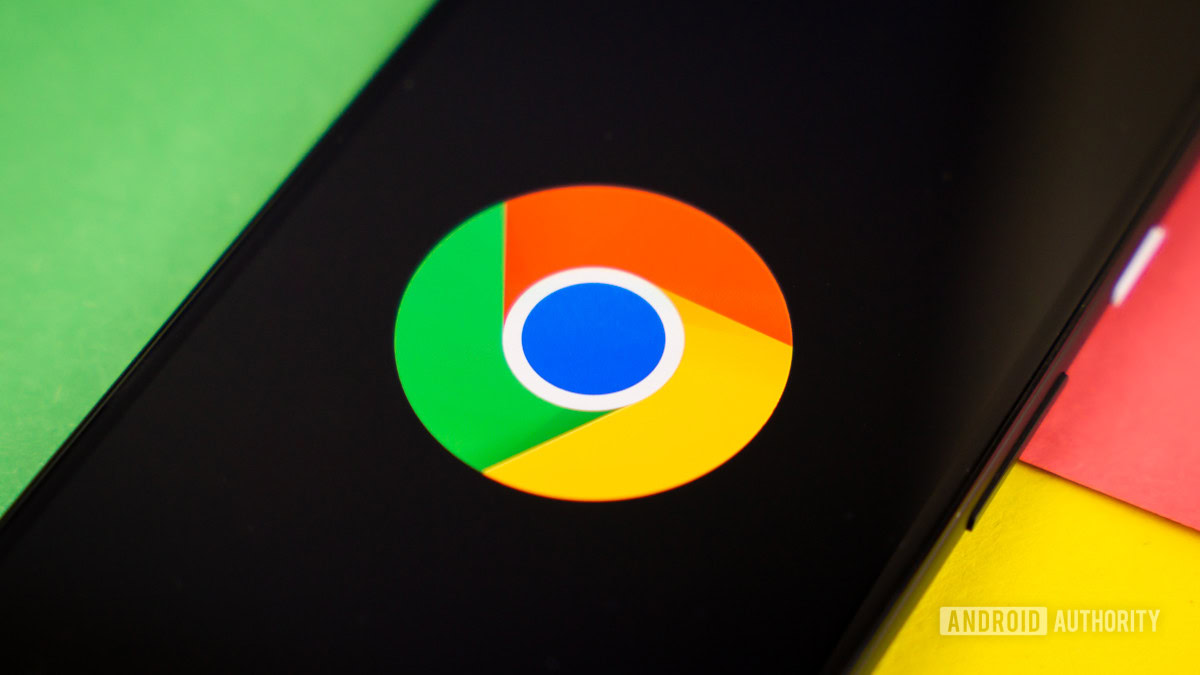TL;DR
- The Department of Justice has called for Google to sell its Chrome browser and overhaul its search practices to address its monopoly.
- Two options have been proposed for Android: immediate action to fix monopolistic practices or prolonged court oversight.
- Google plans to appeal the final ruling, arguing that the proposal could harm consumers and the tech industry.
The US Department of Justice (DOJ) has officially called for Google to sell its Chrome browser and make significant changes to Android to address concerns over its dominance in online search.
In a new court filing made Wednesday, the DOJ has argued that Google should not only be forced to divest Chrome but also share search results and data with rivals and adopt several other measures to level the playing field.
Additionally, the DOJ has suggested that Google should be prohibited from re-entering the browser market for five years and prevented from acquiring or investing in any competitors or related technologies, such as search engines or advertising tech.
These recommendations are even more severe than the ones previously suggested by the department in October.
“Google has manipulated its control of Chrome and Android to benefit itself while sharing monopoly profits under conditions to induce third parties across the ecosystem to help Google maintain its monopolies. Google’s exclusionary conduct has, among other things, made Google the near-universal default for search,” the DOJ wrote in its court filing.
Android on the chopping block
The DOJ also recommended two potential paths for addressing Google’s dominance in the mobile space with Android. The first option is to take immediate and direct action to eliminate specific anticompetitive practices related to Android. The second option presented by the DOJ involves prolonged oversight from the court and the US government, as well as implementing behavioral remedies over a longer period.
The DOJ also said that the most straightforward solution would be to divest Android, but it recognized that such a divestiture may draw significant objections from Google or other market participants.
“As an alternative to the divestiture of Android, Plaintiffs have presented behavioral remedies that would blunt Google’s ability to use its control of the Android ecosystem to favor its general search services and search text ad monopolies as well as limit Google’s ability to discriminate in favor of its own search and ads businesses,” the DOJ wrote.
That said, the DOJ has not completely ruled out the possibility of Google having to sell Android. It says that if Google does not comply and if other steps do not restore competition, the company will be potentially required to sell its Android operating system.
Google’s take
Google has criticized the DOJ’s proposals, calling them extreme and saying they could harm consumers, businesses, and the US tech industry’s global competitiveness, particularly in areas like AI.
“DOJ had a chance to propose remedies related to the issue in this case: search distribution agreements with Apple, Mozilla, smartphone OEMs, and wireless carriers. Instead, DOJ chose to push a radical interventionist agenda that would harm Americans and America’s global technology leadership,” Google wrote in a blog post.
The company went on to call the proposal “wildly overboard,” listing its potential deprecatory effects on consumer services, security of American people, Google’s investments in AI, and more.
The company will be appealing the final ruling after the trial, which is set for April. It will also file its own proposals next month.











